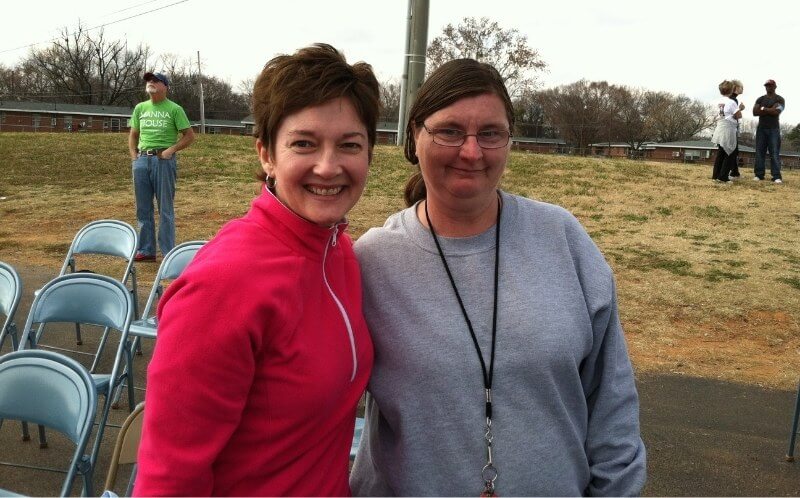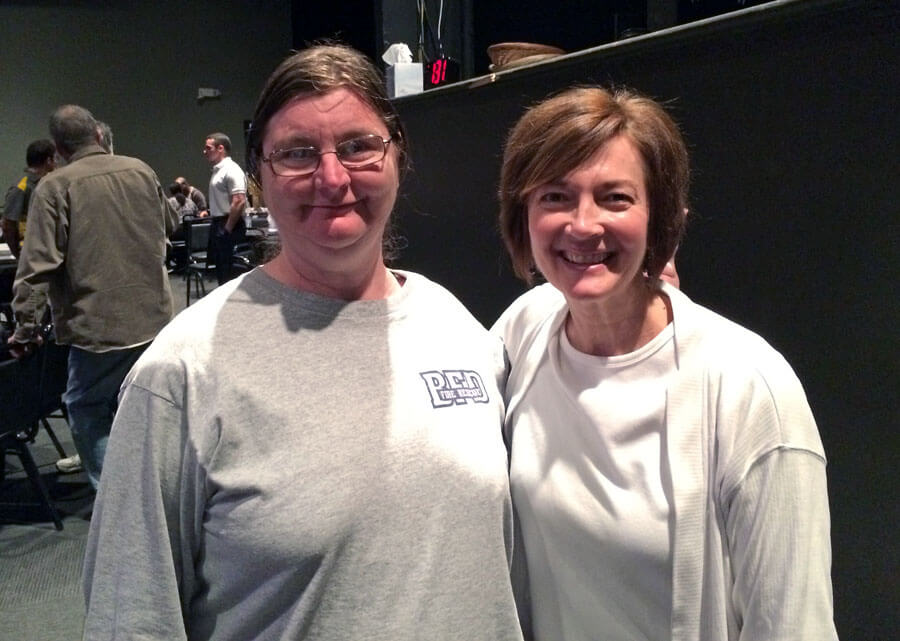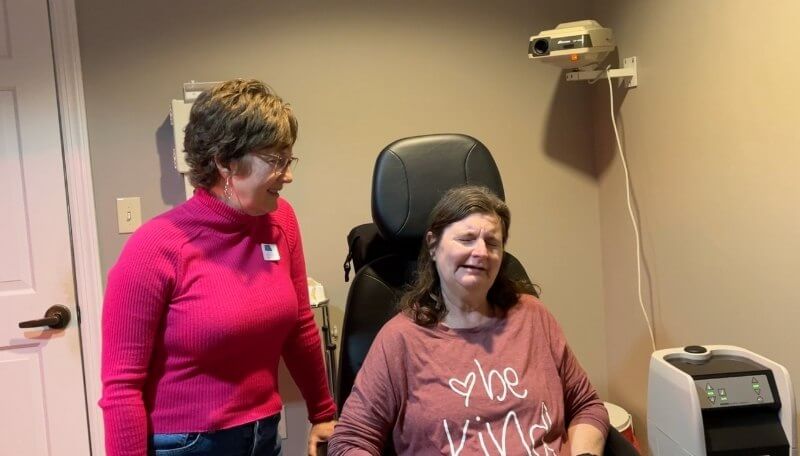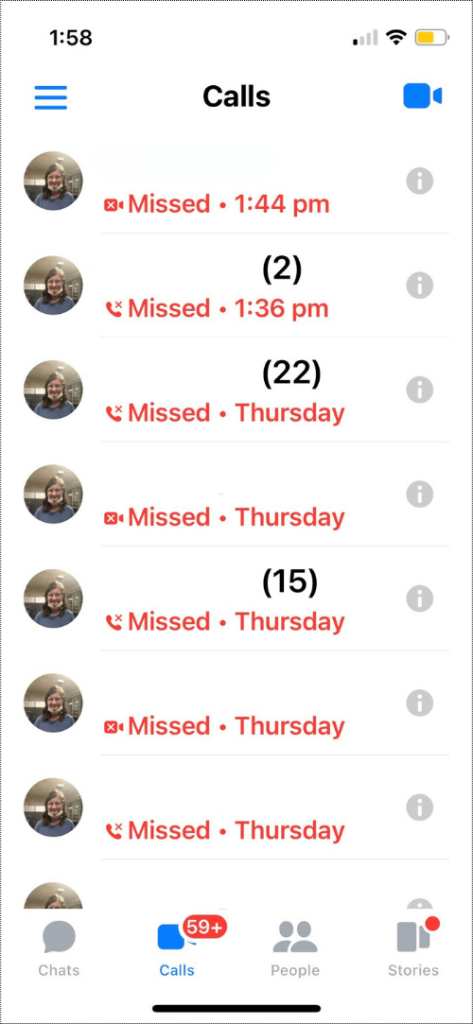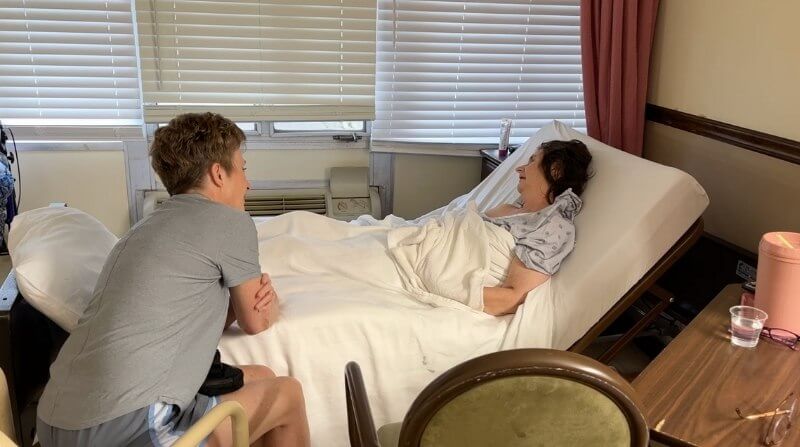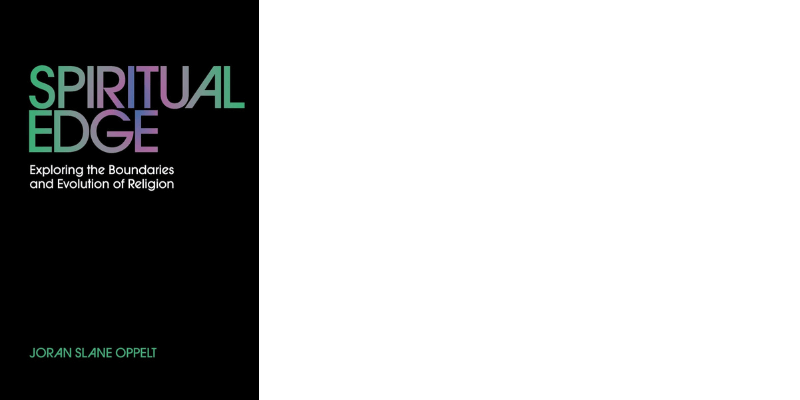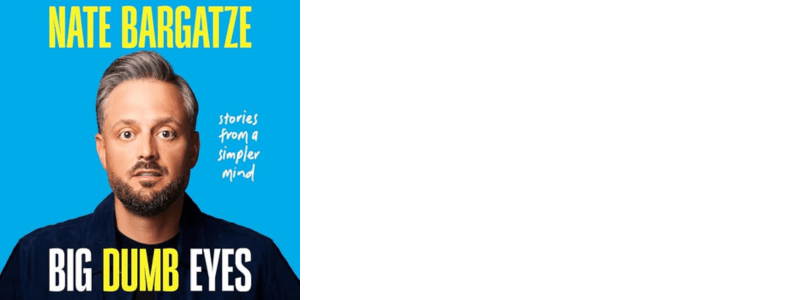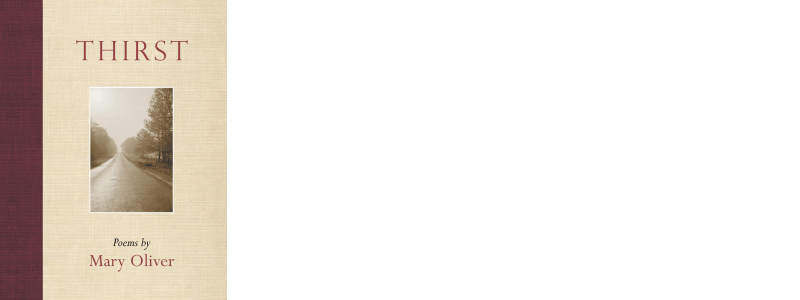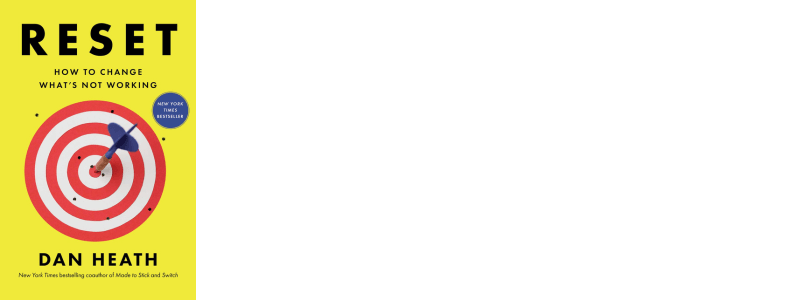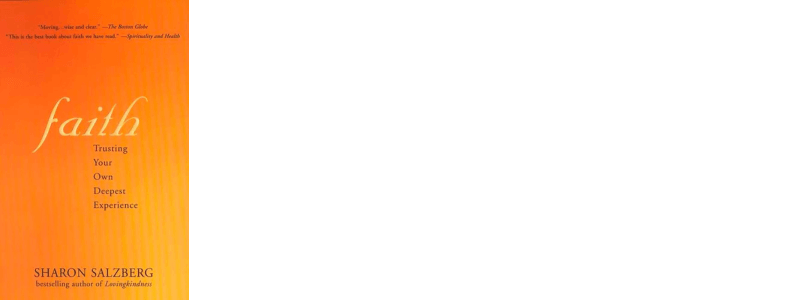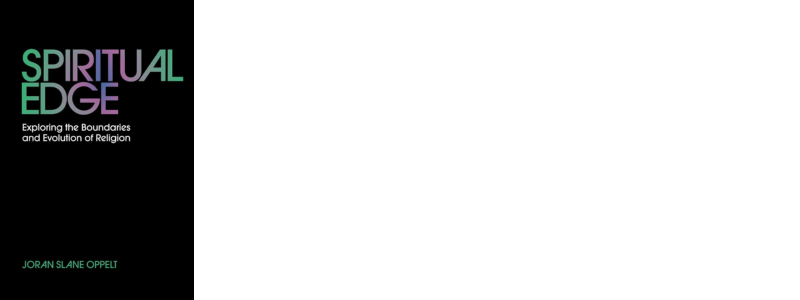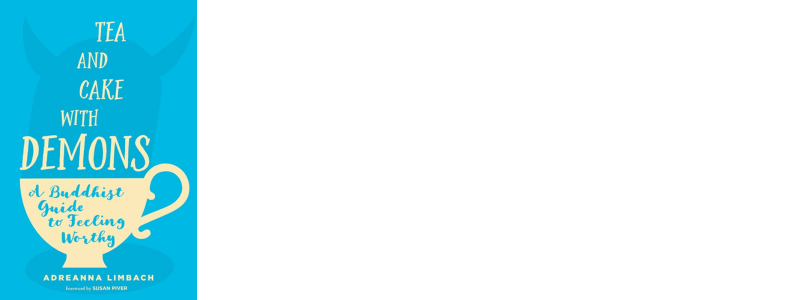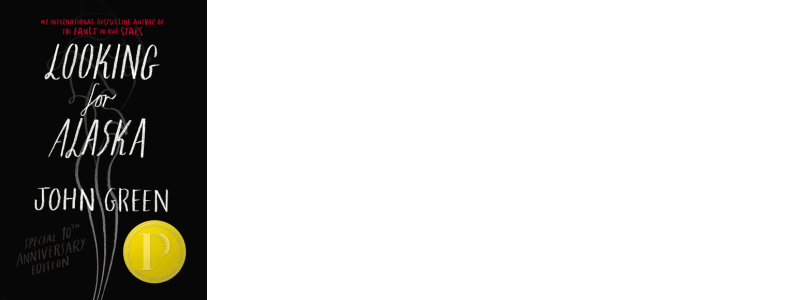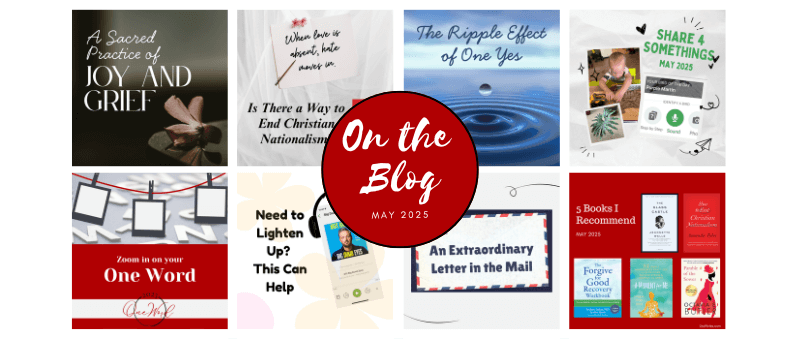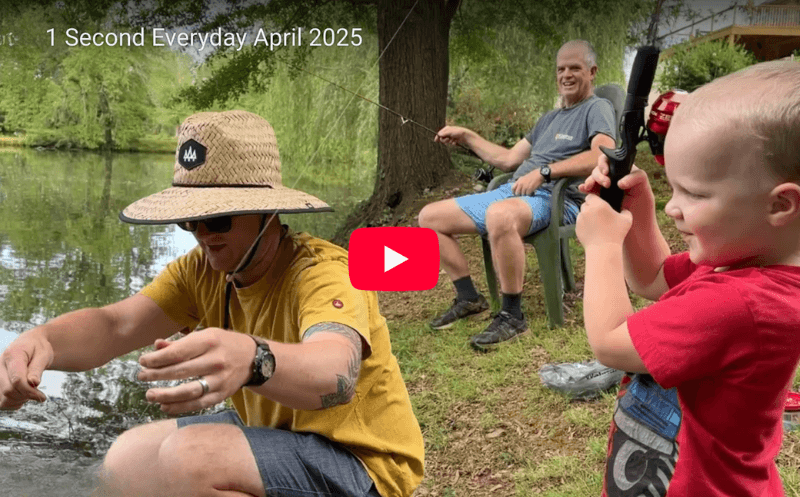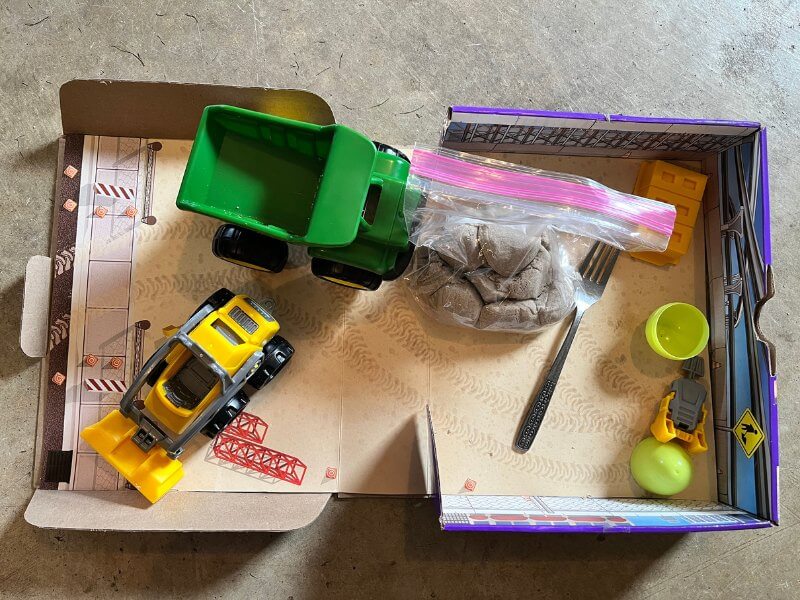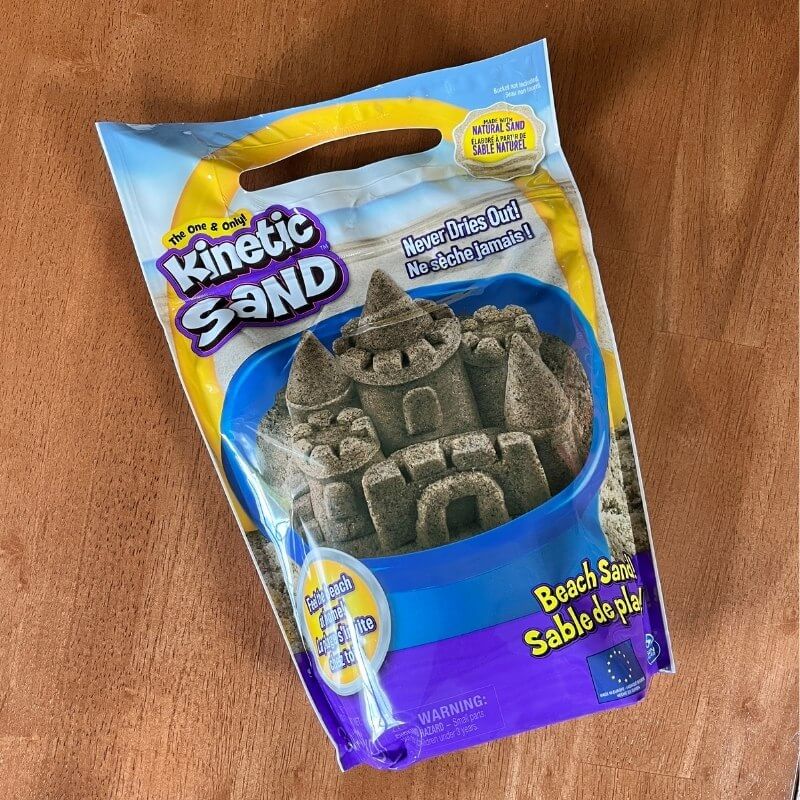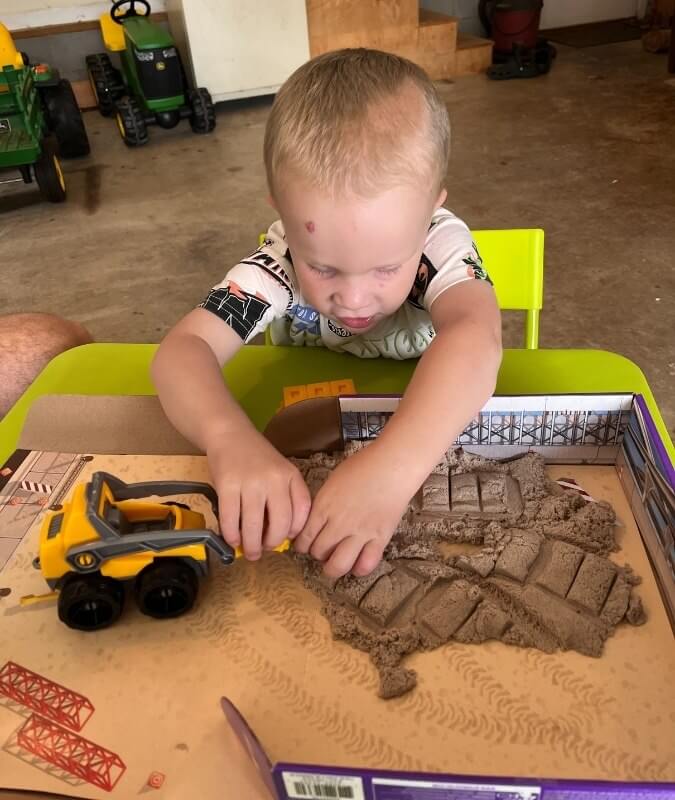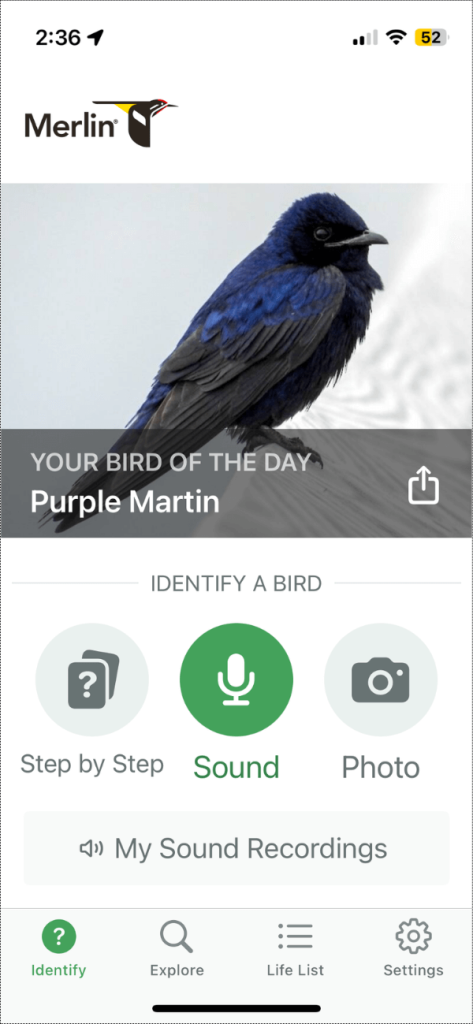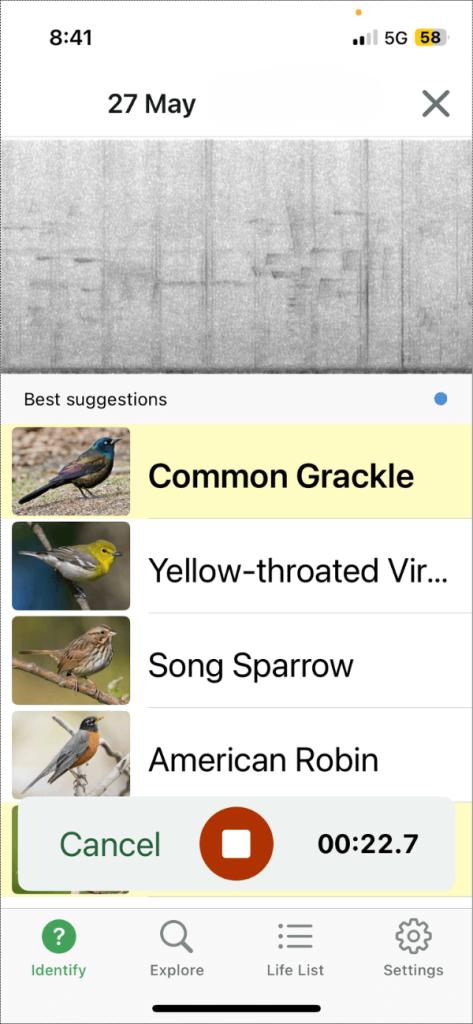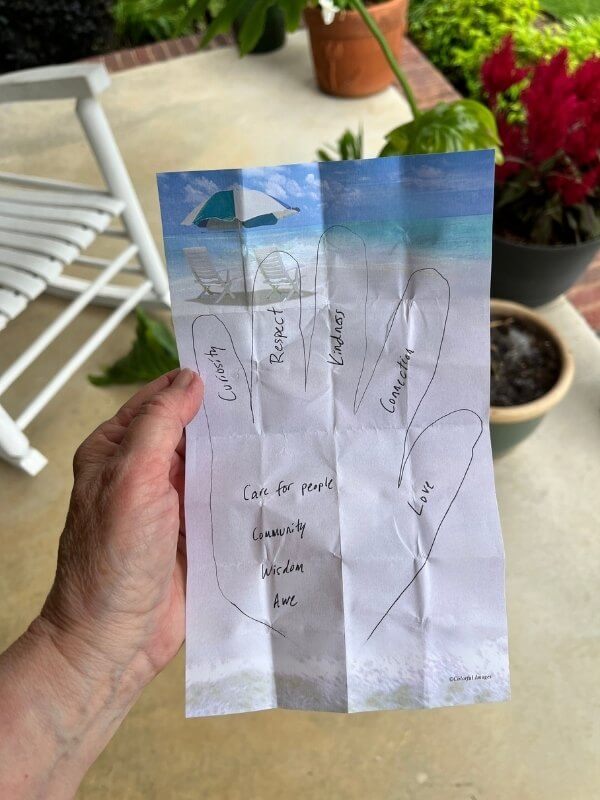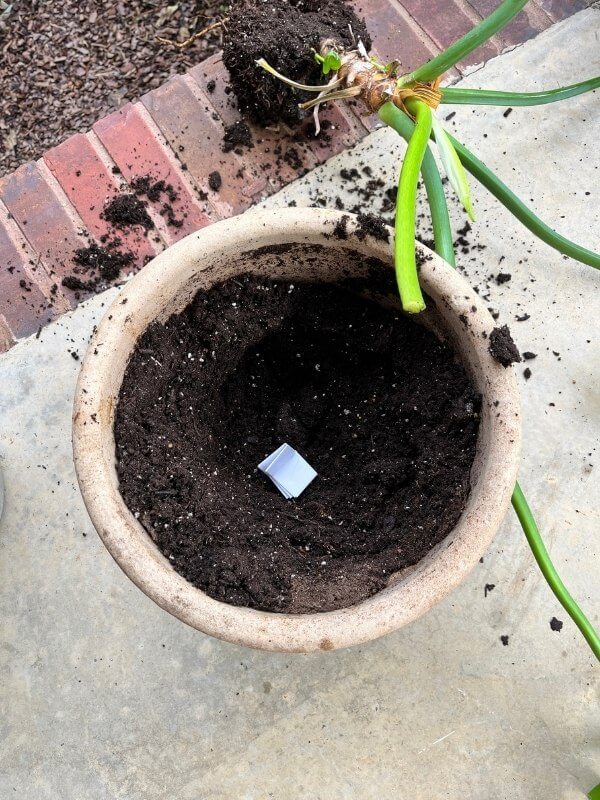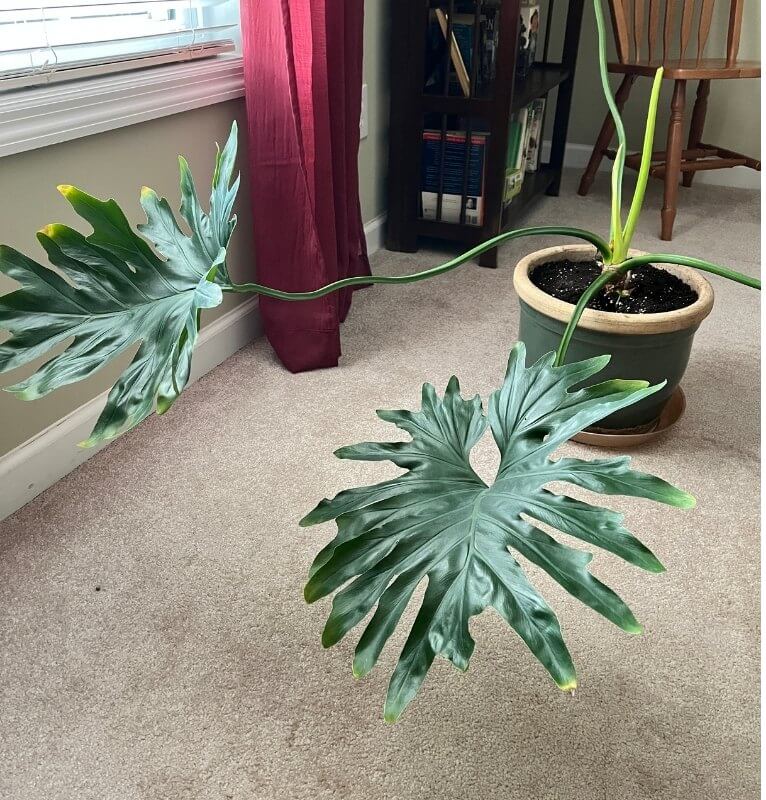“It is a happy talent to know how to play.”
—Ralph Waldo Emerson
Guilt in a Box
It’s night at the beach condo we’ve rented for the week. We’ve already washed off the sand, gone out to dinner, and locked the doors for the evening.

Now I sit at the kitchen table and look at the box in front of me.
A small war is waging inside me.
- Shouldn’t I be rinsing out swimsuits or sweeping sand off the floor?
- Shouldn’t I prep snacks for tomorrow before I allow myself more play?
- Shouldn’t everything we do on vacation be together?
But instead, I open the puzzle box. Instead of finding one bag of pieces, I find two ziplock bags.
Now I’m curious.
The Overtime Work Ethic
I have two guilt tracks that play often in my head.
1. No play until your work is done
I grew up with the ethic of work first, play last.
The problem is that you never finish all the work. There is always more work. So when do you get to play? When can you indulge yourself in something as frivolous as working a jigsaw puzzle?
2. Fun is meant to be together
I love spending time with my husband Jeff. When we’re on vacation, we do almost everything together, by choice.
But he hates doing puzzles. Would working the puzzle alone be selfish of me?
Whose Vacation Is It?
I’d been eyeing the box for a few days, ever since we’d seen the stack of games with this puzzle in the condo closet.
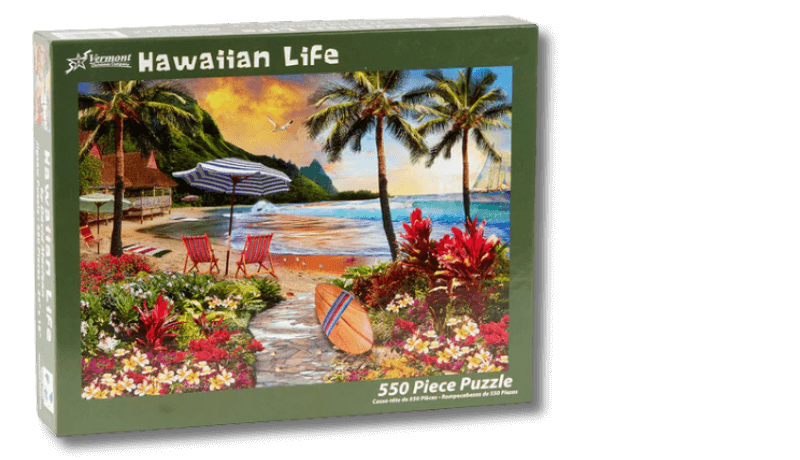
The first night here we’d borrowed Scrabble: National Parks Edition (good timing since we went to three National Parks in California in April!).
The second night we played Bananagrams that I’d brought from home.
But this third night, no box is as tempting as this puzzle. I finally bring it up.
Jeff laughs. “Of course you should do the puzzle! It’s your vacation, too.” (Reader, when you find a friend like this, treasure them.)
So here I sit. With two bags from the box. One is more full than the other. I open the smaller bag first.
To my delight, it contains all the edge pieces of the puzzle. The most tedious step of doing a puzzle for me is picking out the edge pieces to create the border—the “work before play” part. And here this work has already been done for me. I can go straight to play.
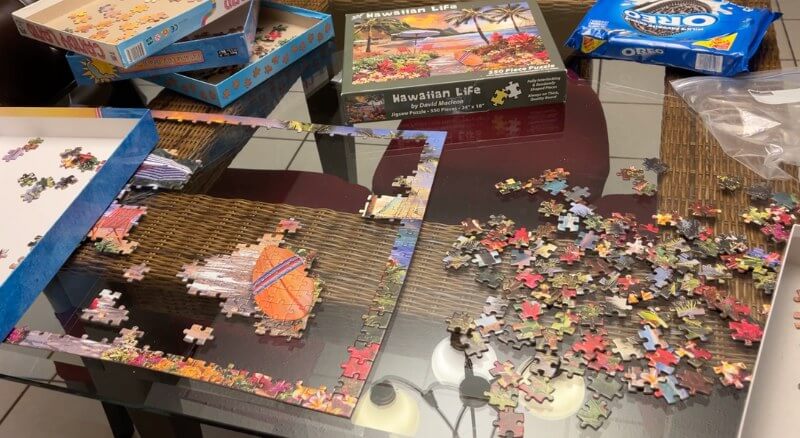
Then it hits me: I know someone who does this. Someone who, when they finish a puzzle, puts the pieces back into two bags, one for just the edge pieces.
A Ripple Reaches Me
I click a picture of the puzzle with my phone. I text it to my father-in-law two states away.
He responds back immediately, confirming that indeed, it was he and my mother-in-law who did this, months ago, at their most recent stay here in this same condo. They had worked the puzzle first, then afterwards packaged it back up into two bags, hoping to help the next person who opened it.
The next person was me.
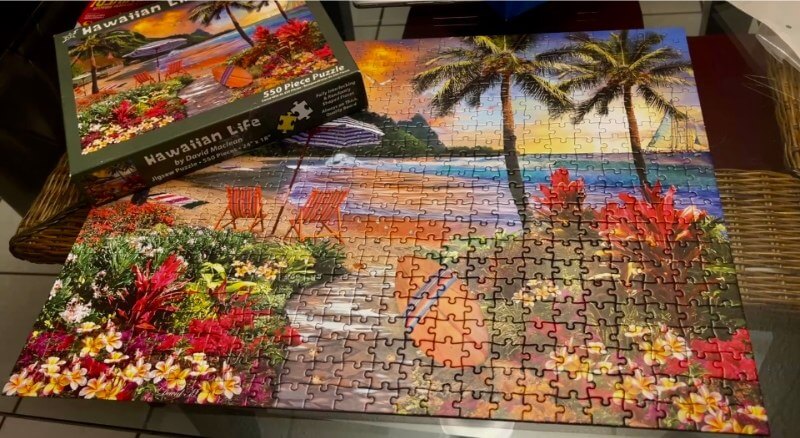
My in-laws had no idea who would discover this unexpected ripple of joy. Yet months later, I was the one it reached, landing directly in my lap, literally.
The ripple was a beautiful reminder to me that:
- Fun doesn’t have to be earned
- Your to-do list can be put aside (especially on vacation, good grief!) to make room for play
- Be grateful for joy that ripples to you without you chasing it down or even expecting it
A few days later, I finish the puzzle. But this time, instead of crumbling all the pieces into a heap and throwing them into the bag, I do it differently.
I peel apart the edge pieces first. I seal them carefully in their own bag. I put both bags back into the box.
May the ripple flow on.
Have you ever felt you had to earn your fun? What small ripples of joy have you received lately? Share in the comments.
More RIPPLES Here:
- What If Your Body Has Been Doing Her Best All Along?
A simple Zoom assignment led me to an unexpected realization—my body, although imperfect, has always been the best place for me to be. - Why I Chose These 7 Objects for My One Word Jar
These 7 objects embody the meaning of Ripple to me, each carrying its own story and connection to my life. What objects represent your One Word of the Year? - Do You Write In Your Calendar With Ink or Pencil?
Even a cancelled haircut can disrupt your day. Stay open to the ripples. Write your calendar in pencil, not ink.


